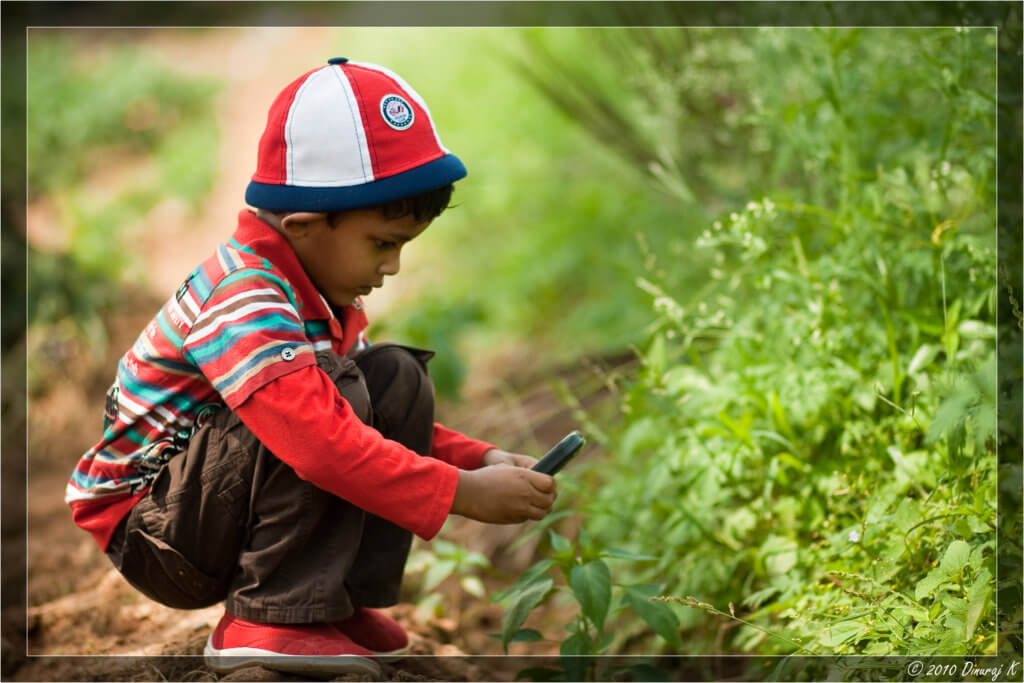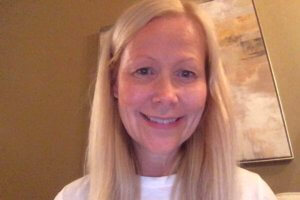To understand how play is defined and characterised, Sonia Livingstone and Kate Cowan spoke to Kristiina Kumpulainen, a Professor of Education at the University of Helsinki, as part of our interview series on play in the digital world.
Sonia Livingstone: How did you get into thinking about play?
Kristiina Kumpulainen: In the Finnish educational system, particularly in early childhood, play has been emphasised for a long time. There is evidence to show how play arouses the intrinsic happiness of being involved in doing things and having agency, and how such involvement promotes serendipitous learning. Early childhood education has become more interested in the possibilities of play in promoting curriculum goals. In our Playful Learning Centre we have been thinking of ways to integrate elements of play into educational activities – for example, affording children agency and the opportunity to follow their interests in educational goal-oriented activities.
Kate Cowen: What’s your definition of play?
Kristiina Kumpulainen: Social-cultural theorising has informed my conceptualisation of play. I emphasise the intrinsic value of play – it’s not something that we can force people to do. Children may have different reasons to play. They may join in for the sake of having friends or not being bullied. It is important that we critically research play from these definitions, particularly that it’s not all rosy.
Sonia Livingstone: How do you action these processes in your research?
Kristiina Kumpulainen: We have used arts-based methods and participatory research with children, providing multiple means to express their thinking and perspective on their play activities.
Kate Cowen: Does it stop being play if adults take it over?
Kristiina Kumpulainen: There is a danger of it becoming something else than play. Perhaps we can call it – in adult language – playful activity. I believe in something more than Rousseau’s idea of ‘let children play and they will grow’. I think children need to grow into culture; it’s important that they can practise culture in free play. I don’t feel there is anything wrong with children also interacting with adults and adults organising play activities. We should let different ways of being and playing together flourish. I’d worry if we only have adult-designed play activities, but I’d be worried if we just have children on their own.
Sonia Livingstone: How do you see these ideas realised in the digital environment?
Kristiina Kumpulainen: I think we need them to co-play, with adult guidance, as children don’t necessarily understand the risks. This is hard because the world is changing so quickly, so even adults may not know. They may be trusting of the technology and think that somebody has taken care of the rules, and it may not be the case.
Sonia Livingstone: Do they need to be protected from the content, or even the commercial environment, of games?
Kristiina Kumpulainen: It seems reasonable that, in the design process, children, parents, and professional views are involved. There is a research tradition – risky play. It is attached to the outdoors, forests, and the Nordic education. Children use hammers and climb trees. In Finland, there is a cultural understanding that children will learn from their mistakes. The notion of risky play might be interesting in the context of digital play.

Kate Cowen: Can you pin down particular characteristics of play?
Kristiina Kumpulainen: I emphasise the intrinsic interest and the imaginative side. I know that the imaginative doesn’t always exist, and still we call it play. Rules are important and even if they create their own game children are eager to create rules. They are learning to become part of society; it’s filled with rules. When we play together, we are practising social skills and emotional skills, because we have to follow the rules. That takes us to resilience and self-regulation. It’s about how we regulate ourselves so we can be partners in play. Who creates the rules, what they are for, and what they disclose are interesting questions.
Sonia Livingstone: Are the qualities you identify as common across cultures?
Kristiina Kumpulainen: I think the intrinsic features of play that I have been identifying are not culture-specific. Of course, the games and activities themselves can be different, even in the same country.
Sonia Livingstone: What can we learn from the Finnish approach to play?
Kristiina Kumpulainen: The concept of childhood in the Nordic model is something that we are currently debating – whether it exists any longer. It might be helpful for parents, guardians and educators not to follow, but to be aware of different ways of treating childhood. In the Nordic countries, there is probably more time for free play without adults. We are challenging the notion of Nordic childhoods because Nordic countries are becoming so culturally diverse. I think more parents are worried about the digital world. So, they maybe allow their child to wander in the nearby forest and near water with their friends, but not allow them online.
Sonia Livingstone: Have we learnt something about play from COVID-19?
Kristiina Kumpulainen: I think families have learned more about themselves. We have started to appreciate what we have, and perhaps find new ways to be together. There are good things happening. But we are also worried about equity and children’s education.
This blog is part of the play interview series. You can view the rest of the blog series here.
Kristiina Kumpulainen is a Professor of Education at the Faculty of Educational Sciences, University of Helsinki. She is the founding member and research director of the Playful Learning Center and Co-leader of the Learning, Culture and Interventions (LECI) Expert Group, and holds an adjunct professorship at the University of Turku and University of Helsinki. Previously, Kristiina was Academy Fellow of the Academy of Finland and served as the Director of the Information and Evaluation Services Unit at the Finnish National Agency for Education. Her research focuses on understanding social, emotional and cultural dimensions of learning and development.
